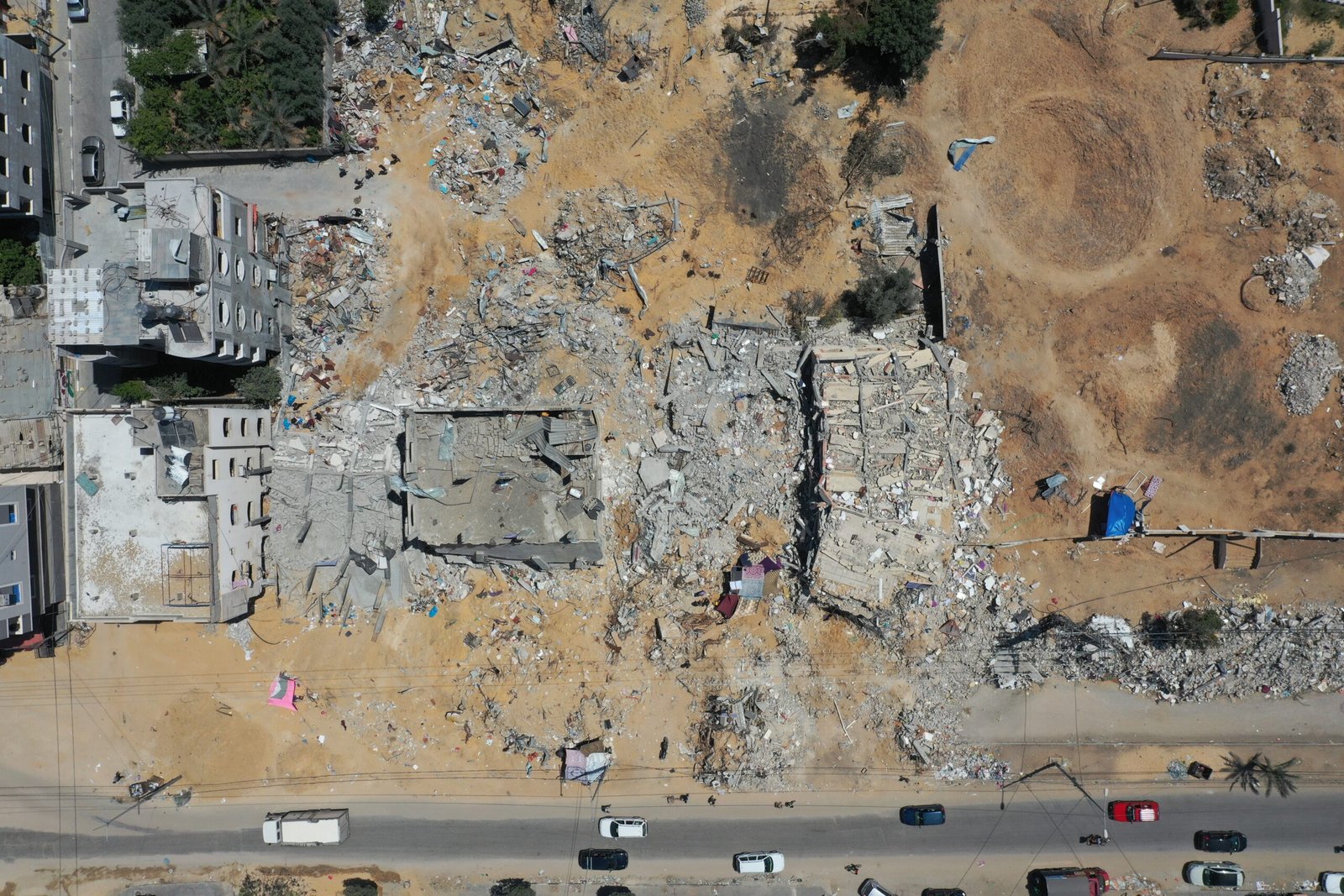Genocide in Gaza: moral and ethical failures of medical institutions
In March, 2024, Safiyyah Abbas and Lucy Mitchell highlighted the atrocities unfolding in Gaza and the failure of Australian medical institutions to mount a meaningful protest. Since then, the Israeli Government’s sustained and widespread assaults on civilians—combined with deliberate obstruction of food, water, fuel, and medical supplies—have prompted the International Criminal Court to issue arrest warrants for Israeli leaders, Benjamin Netanyahu and Yoav Gallant, for the war crime of starvation as a method of warfare, and the crimes against humanity of murder, persecution, and other inhuman acts. Multiple international human rights organisations have concluded that the State of Israel’s actions amount to genocide. Attacks on health-care workers and hospitals have intensified. As of Jan 2, 2025, more than 1000 health-care workers had been killed, and at least 670 attacks on health facilities, ambulances, and personnel had been registered by WHO, as of March 14, 2025. Health-care workers have been abducted and tortured, and continue to be murdered. These acts are grave violations of the 1949 Geneva Conventions, which state unequivocally that medical staff and facilities must be protected at all times in conflict.
The medical community has a moral and professional duty to speak out against these violations of international law and human rights. However, a recent study showed that only a quarter of US medical specialty societies have made a public statement in relation to Gaza.9 Similarly, in Australia and New Zealand, despite mobilisation of grassroots-advocacy, there has been inadequate and insufficient action from medical bodies.
In 2024, multiple Australasian medical colleges—including the Australasian College for Emergency Medicine, College of Intensive Care Medicine of Australia and New Zealand, Royal Australian and New Zealand College of Obstetricians and Gynaecologists, Royal Australasian College of Surgeons, Australian and New Zealand College of Anaesthetists, Royal Australasian College of Physicians, Royal Australian College of General Practitioners, Royal Australian and New Zealand College of Psychiatrists (RANZCP), and Royal College of Pathologists of Australasia—were formally petitioned by their members to issue public statements condemning Israeli military attacks on civilians, health-care workers, and medical facilities; advocate for the unobstructed delivery of humanitarian aid; and call for full adherence to international humanitarian law. Some petitions explicitly asked for colleges to advocate measures to prevent genocide. Additionally, some petitions urged medical colleges to protect health-care workers advocating Palestinian human rights, many of whom had faced harassment, bullying, doxxing, and threats to their professional standing or livelihood as a result of their advocacy.
Many colleges issued statements of varying specificity urging for the protection of civilians and health-care workers. However, none directly acknowledged or condemned the Israeli Government’s role in creating the catastrophic conditions in Gaza. To our knowledge, the New Zealand College of Public Health Medicine issued the only statement from an Australasian medical college containing a call for the prevention of genocide in Gaza. Other medical colleges have declined to comment, citing policies about refraining from commenting on political matters, and some have made no acknowledgment of the contents of the petitions and ignored subsequent correspondence.
The silence of so many of our medical institutions in the face of this genocide reflects a profound failure to uphold the ethical principles these institutions claim to espouse and seek to instil in their members. Many Australasian medical colleges adhere to educational frameworks such as CanMEDS, which emphasises health advocacy, scholarship, and leadership. RANZCP, for example, considers CanMEDS to be essential to its fellowship competencies. RANZCP members are expected, as health advocates, to show a commitment to human rights; as scholars, to be able to evaluate evidence objectively; and as leaders, to take principled and courageous stands for justice. Furthermore, many of these medical colleges have statements committing to proactive engagement with issues of structural racism, of which genocide is the most extreme example. The failure to explicitly condemn the Israeli Government’s genocidal actions in Gaza erodes the moral credibility of these institutions and their professed values, and arguably constitutes a form of institutional complicity.
To avoid this complicity, medical colleges should show principled moral leadership, not only by vocally condemning this genocide, but also providing material resources and support to the remaining health-care professionals in Gaza, and pressuring our governments to uphold international law, including through measures such as arms embargoes and sanctions. Furthermore, the atmosphere of intimidation and silencing within the medical profession on this issue should be directly addressed. Protection and institutional backing should ensure that all medical professionals can advocate human rights and an end to the genocide without fear of harassment, professional censure, or retaliation. Medical institutions proclaiming a commitment to human life and dignity as a theoretical ideal is not enough. A principled approach to human rights should be marked by consistency, integrity, and action.
Genocide in Gaza: moral and ethical failures of medical institutions, Niu, Helena et al.The Lancet, Volume 405, Issue 10497, 2271 – 2272
Image credit: Abdallah ElHajj on iStock

